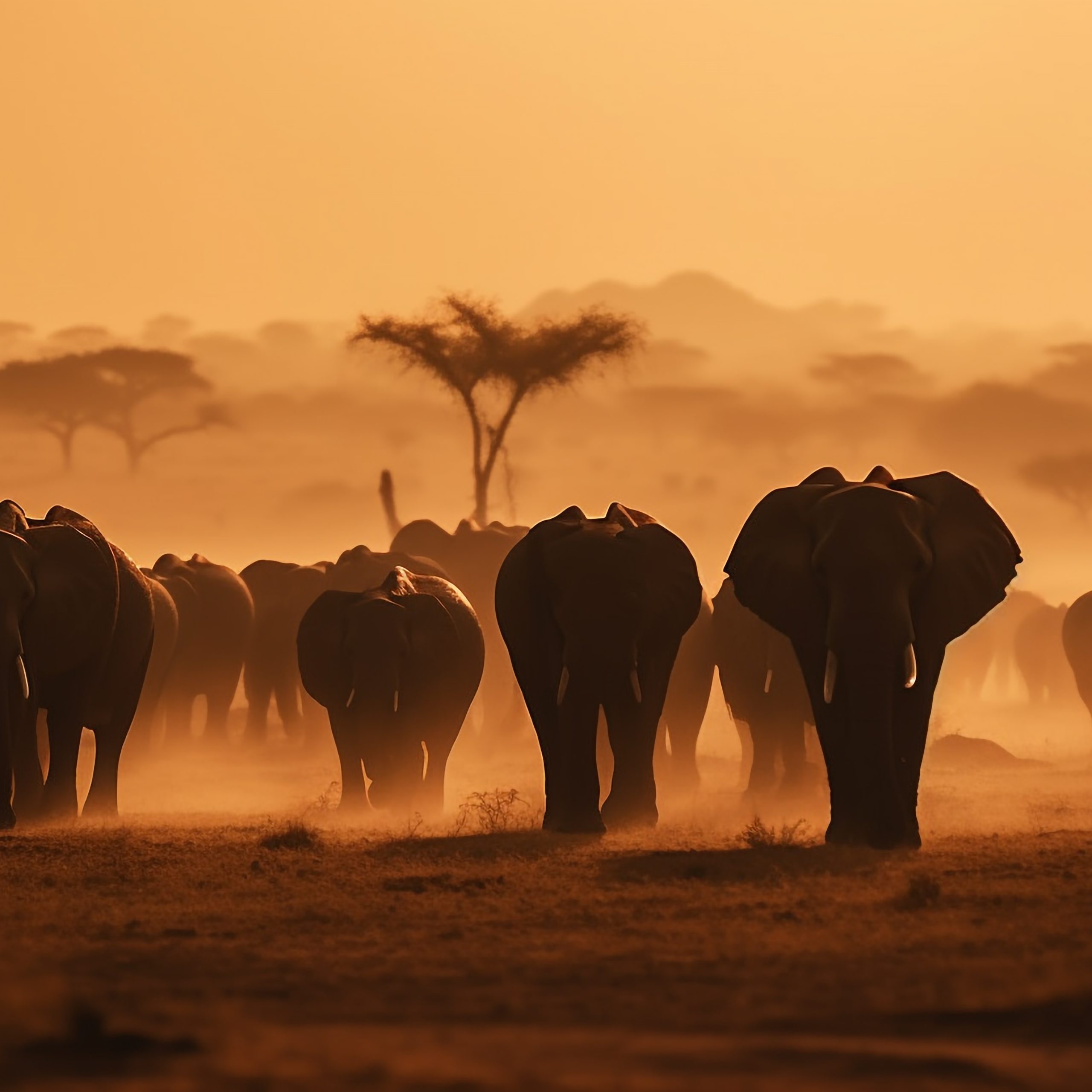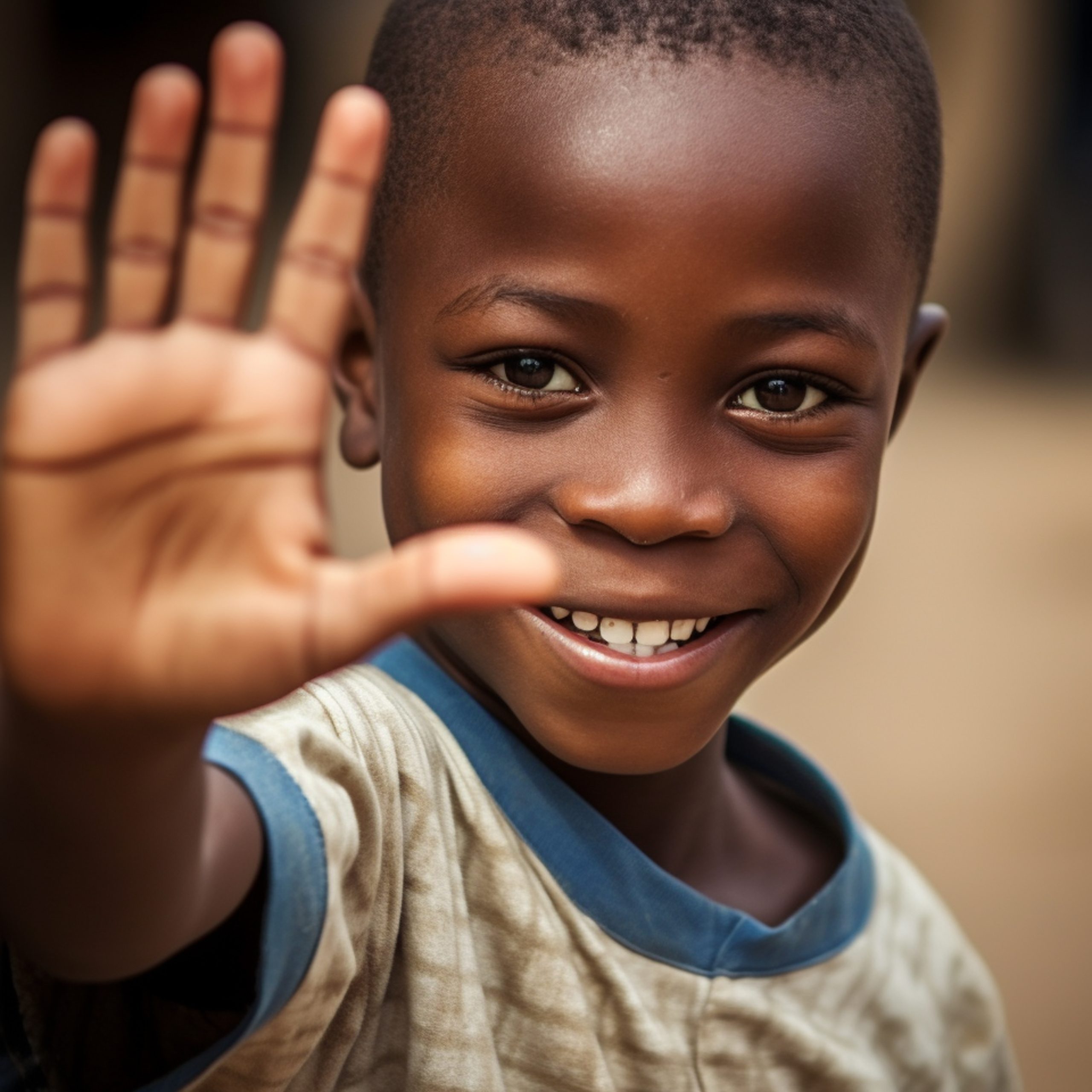Naviguer la justice climatique : COP-28 et l’avenir de la RDC en tant que pays solution et du fardeau du changement climatique en Afrique
La COP-28 qui vient de s’achever aux Émirats arabes unis a marqué une étape importante dans la lutte mondiale contre le changement climatique, en réunissant des nations, des militants et des parties prenantes pour répondre au besoin urgent d’action environnementale. En tant que plus grande conférence des Nations unies à ce jour, la COP-28 visait à relever les défis croissants posés par le changement climatique, en mettant l’accent sur la transparence, la responsabilité et la coopération mondiale. Si les résultats de la COP-28 laissent espérer un avenir plus durable, l’impact sur les pays du tiers-monde, en particulier en Afrique, nécessite une analyse et une réflexion approfondies.
L’Afrique, souvent considérée comme le continent au potentiel immense mais aux prises avec la pauvreté, les problèmes d’infrastructure et l’instabilité politique, est touchée de manière disproportionnée par les effets néfastes du changement climatique. Les rapports des Nations unies soulignent que les nations africaines, bien qu’elles contribuent le moins aux émissions mondiales, subissent le plus de catastrophes liées au climat, notamment des sécheresses, des inondations et des températures extrêmes.
Dans ce contexte, la République démocratique du Congo (RDC), souvent qualifiée de “poumon de la planète” en raison de ses vastes forêts tropicales et de sa biodiversité, est touchée de plein fouet. Ces forêts abritent non seulement une riche biodiversité, mais jouent également un rôle crucial dans la régulation du climat mondial. Cependant, les habitants de la RDC se trouvent pris dans un paradoxe. Alors que leur pays est un trésor environnemental, ils subissent les conséquences des décisions et de la pollution provenant des pays du premier monde qui ont historiquement donné la priorité au développement plutôt qu’à la durabilité environnementale pour les générations futures. L’Afrique, le deuxième plus grand continent, avec une biodiversité riche et intacte, doit avoir une présence et un siège importants dans toutes les plateformes sur le changement climatique. Il est important de préserver ce que nous avons, tout en travaillant collectivement à réparer les dommages que l’homme a causés à la planète.
Les résultats positifs de la COP-28 sont prometteurs pour la RDC et l’Afrique, notamment en ce qui concerne les questions urgentes auxquelles elles sont confrontées :
L’une des principales réalisations de la COP-28 a été l’opérationnalisation du Fonds pour les pertes et dommages. Ce fonds, bien que symboliquement important, a reçu des promesses s’élevant à moins d’un milliard de dollars, ce qui est loin de répondre aux besoins financiers réels. Un financement adéquat est essentiel pour aider les nations vulnérables à faire face aux effets néfastes du changement climatique. Pour la RDC, il s’agit d’une opportunité d’accéder à un soutien financier indispensable pour faire face aux impacts du changement climatique. La distribution transparente de ces fonds, telle que préconisée par la RDC, pourrait garantir que ceux qui ont le moins affecté la planète reçoivent les ressources nécessaires pour s’adapter et se rétablir.
En outre, l’accent mis sur la protection des écosystèmes et de la biodiversité correspond à l’engagement de la RDC de sauvegarder son patrimoine naturel. Les forêts tropicales étant menacées par la déforestation et le changement climatique, la coopération mondiale est essentielle pour préserver ces écosystèmes vitaux. Alors que la RDC envisage son avenir, elle s’engage clairement à adopter des pratiques de développement durable. Cela contraste avec les trajectoires de développement historiques des pays du premier monde, qui mettent l’accent sur des approches de croissance responsables et respectueuses de l’environnement.
En outre, la RDC, consciente de son rôle de gestionnaire de l’environnement mondial, cherche à développer sa nation de manière responsable. Elle s’engage notamment à adopter des pratiques durables qui privilégient à la fois le progrès économique et la préservation de l’environnement pour une société plus évoluée. Le pays reconnaît la nécessité d’équilibrer le développement avec la préservation de ses écosystèmes uniques et de sa biodiversité. En outre, la RDC affirme son autonomie dans la détermination du cours de son développement, rejetant une approche unique imposée par les pays du premier monde. La nation plaide pour le droit de définir sa voie, à l’abri de toute ingérence extérieure susceptible de privilégier le profit au détriment de la durabilité.
En outre, les nations africaines, dont la RDC, réclament la justice climatique. Il s’agit de reconnaître les déséquilibres historiques et l’impact disproportionné du changement climatique sur le continent. Alors que la communauté mondiale va de l’avant, il est essentiel de reconnaître que l’Afrique est capable de déterminer son avenir, d’adopter des pratiques durables et de rejeter les modèles capitalistes impitoyables qui privilégient le profit au détriment des personnes et de la planète. En outre, l’une des principales réalisations de la RDC a été l’obtention d’un fonds de 62 millions de dollars US de la part des pays pollueurs au cours de la COP-28. Ce fonds sera utilisé pour renforcer la nouvelle économie climatique du pays.
La Banque africaine de développement et ses partenaires ont mobilisé plus de 175 millions de dollars pour l’Alliance pour l’infrastructure verte en Afrique (AGIA) afin de faire avancer le programme vers sa première clôture de 500 millions de dollars de capital de préparation et de développement de projets à un stade précoce au cours de cet événement mondial. La COP-28 est un moment crucial pour l’Afrique, qui doit affirmer sa place dans les discussions mondiales sur le climat. Les résultats positifs constituent une base de coopération, mais l’impact réel réside dans l’engagement continu de la communauté internationale à soutenir les nations africaines dans leur quête de développement durable.
Les résultats de la COP-28 représentent une lueur d’espoir pour la RDC et l’Afrique. L’accent mis sur le soutien financier, la protection de la biodiversité et le développement durable correspond aux aspirations de ces nations. Alors que la RDC s’engage sur la voie de l’avenir, elle témoigne de la résilience et de la détermination des nations africaines à se développer de manière responsable, à leurs conditions et dans l’intérêt de l’ensemble de la planète. La communauté mondiale doit respecter et soutenir ces aspirations pour un avenir plus juste et plus durable.



